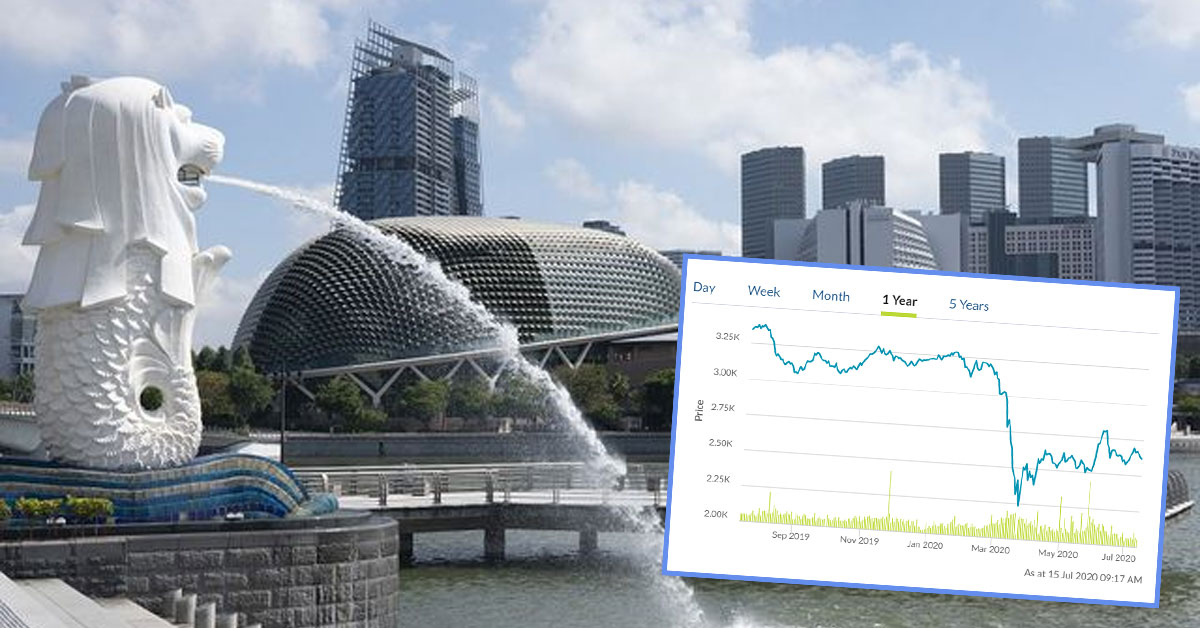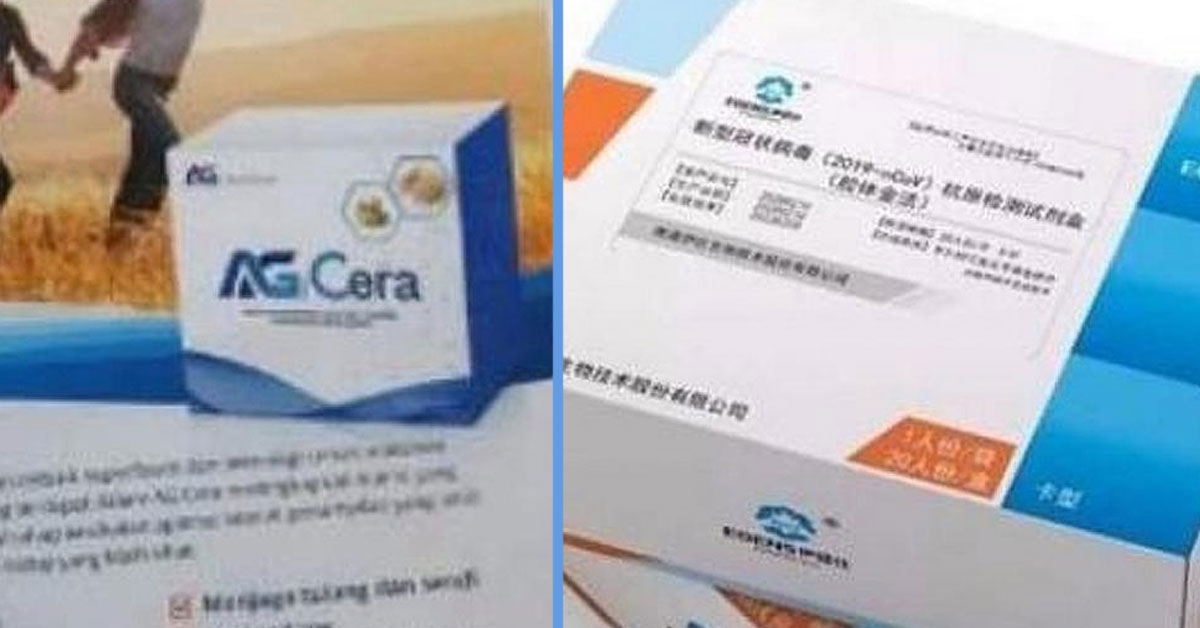Previously, PM Lee told Singaporeans that PAP needs a strong mandate or Singapore will “fade away“.
However, contrary to popular beliefs, Singapore’s stocks actually rose after GE2020 results were out. For a little while, at least.

Yeah, you read that right. It increased.
S’pore Stocks Rose After GE2020; Experts Think Results Will Boost The Stocks Due to a More Diverse Parliament
According to the Straits Times, the Straits Times Index (STI) rose by “as much as 0.7%” during the market open on 13 Jul 2020.
And while it dropped by -0.41% at market close on 14 Jul 2020, experts are optimistic about Singapore’s stocks prospects.
Experts’ Comments:
Justin Tang, head of Asian research at United First Partners
According to Mr Tang, having “a diverse set of voices” in parliament helps prevent groupthink.
With “open and tough discussions”, better policies will be formulated and benefits will flow down to companies, including government-linked companies.
He also predicted that government-linked companies such as SATS, Singapore Press Holdings, Singapore airlines group and the Sembcorp group, will become more nimble and “adopt new solutions and new management styles”.
Nirgunan Tiruchelvam, head of consumer equity research at Tellimer
Singaporeans have voted for a positive change and continuity, Mr Tiruchelvam said, and any dip within the market due to PAP’s lower vote share should be bought into.
He predicted that Singapore companies which are in the manufacturing industry will likely do better since the Singapore government is likely going to make more reforms.
Patrick Yau, an analyst at Citigroup
It was pointed out that following the elections in 1988, 1991 and 2006 where PAP has a reduction in vote shares, STI dropped by three to nine per cent in the following month.
He said that the following would be closely monitored:
- Upcoming policy changes
- Foreign workers policies changes
- Overall fiscal policy/tax code to help pay for continued Covid-19 support measures
Prasenjit K. Basu, political and social strategist
Mr Basu believed that the Workers’ Party’s policy ideas of linking “CPF interest rate to 10-year returns generated by sovereign-wealth fund GIC”, paid parental leave and a minimum wage model for Singapore workers will make the government “boost consumption and social investment”.
He said that with Singapore becoming more democratic, it could help us compete with other countries like Tokyo, Taipei, Mumbai and Seoul for the position of the leading financial hub of Asia.
Currently, Hong Kong is holding on to the position but he believes they’ll vacate the seat soon.



